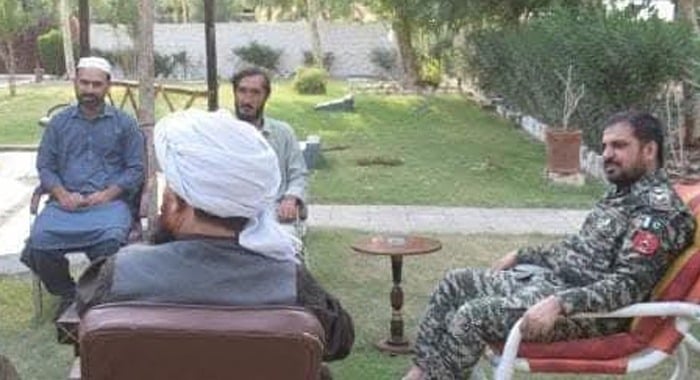In a significant development aimed at bolstering regional security, a high-level tribal jirga (council) was convened in Toi Khula, South Waziristan, under the leadership of the local wing commander. The jirga brought together elders from the Dotani tribe to discuss a comprehensive strategy for peace building and counter-terrorism in the region.
The jirga strongly condemned the activities of terrorist elements and sent a clear message in favour of decisive and uncompromising action against both militants and their facilitators. The wing commander emphasized the critical role of public cooperation, urging locals to assist security forces by identifying suspicious elements that threaten long-term peace.
Security officials highlighted the importance of community engagement and intelligence sharing, describing it as a cornerstone of sustained stability in tribal districts that have historically been vulnerable to extremism and militancy.
In a broader effort to combat radicalisation, the jirga also addressed the importance of education, with directives issued to raise awareness among the community. Emphasis was placed on keeping the younger generation away from extremist influences through access to education and constructive opportunities.
Local elders commended the efforts of the security forces in restoring and maintaining order in the region. They reaffirmed their commitment to national security and pledged continued cooperation with law enforcement and military institutions for the safety and sovereignty of the country.
This jirga reflects a strategic pivot toward community-based counterinsurgency, blending traditional tribal structures with modern security frameworks. By aligning local leadership with state institutions, authorities aim to rebuild trust and create a local intelligence network capable of preempting threats. The emphasis on education as a tool against radicalisation shows a long-term vision for addressing root causes of extremism, beyond just kinetic operations.
Such engagements are vital in a post-conflict region like South Waziristan, where civil-military synergy and public buy-in can mean the difference between temporary calm and lasting peace.





